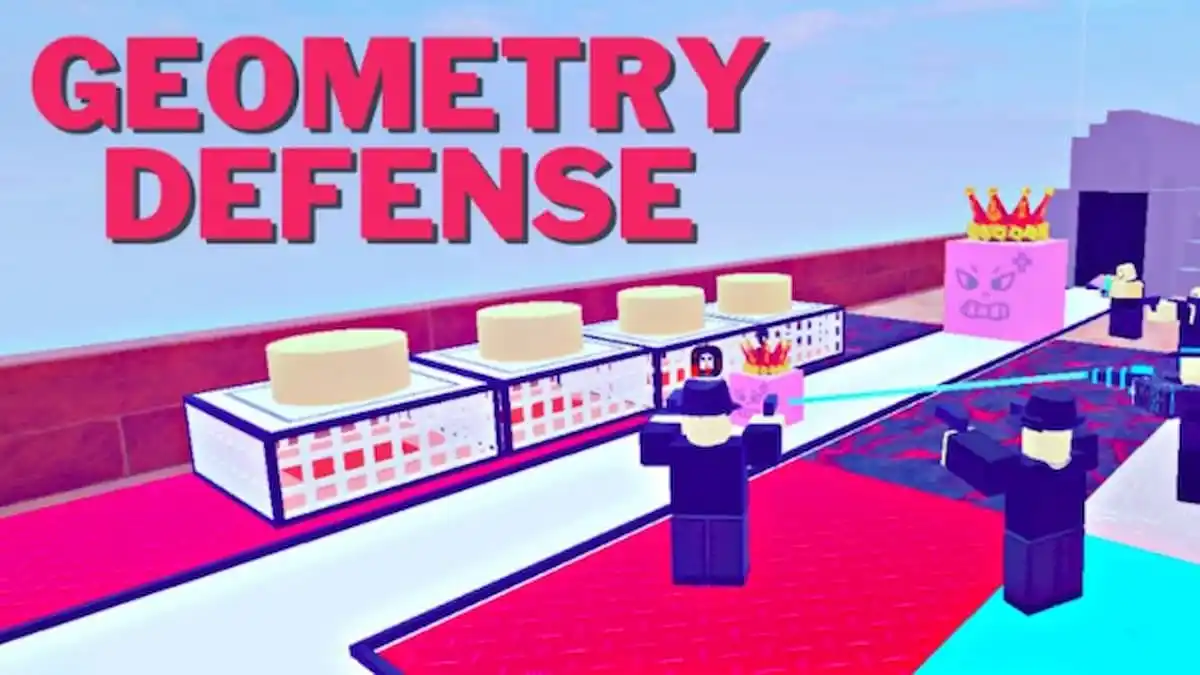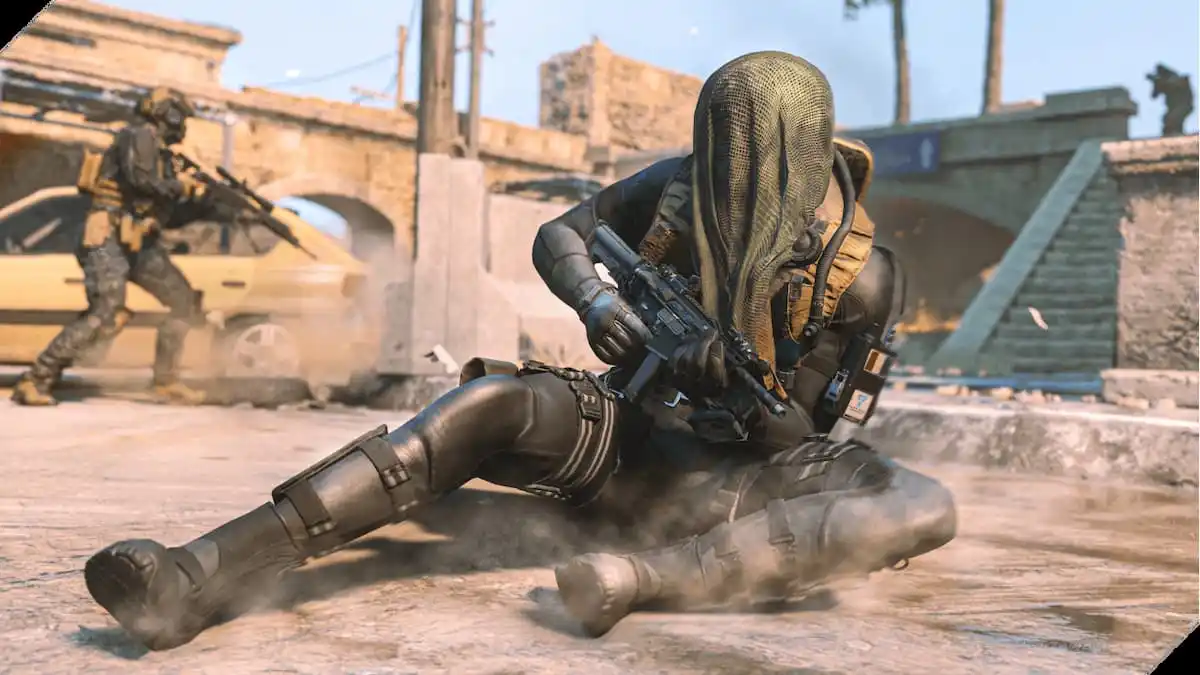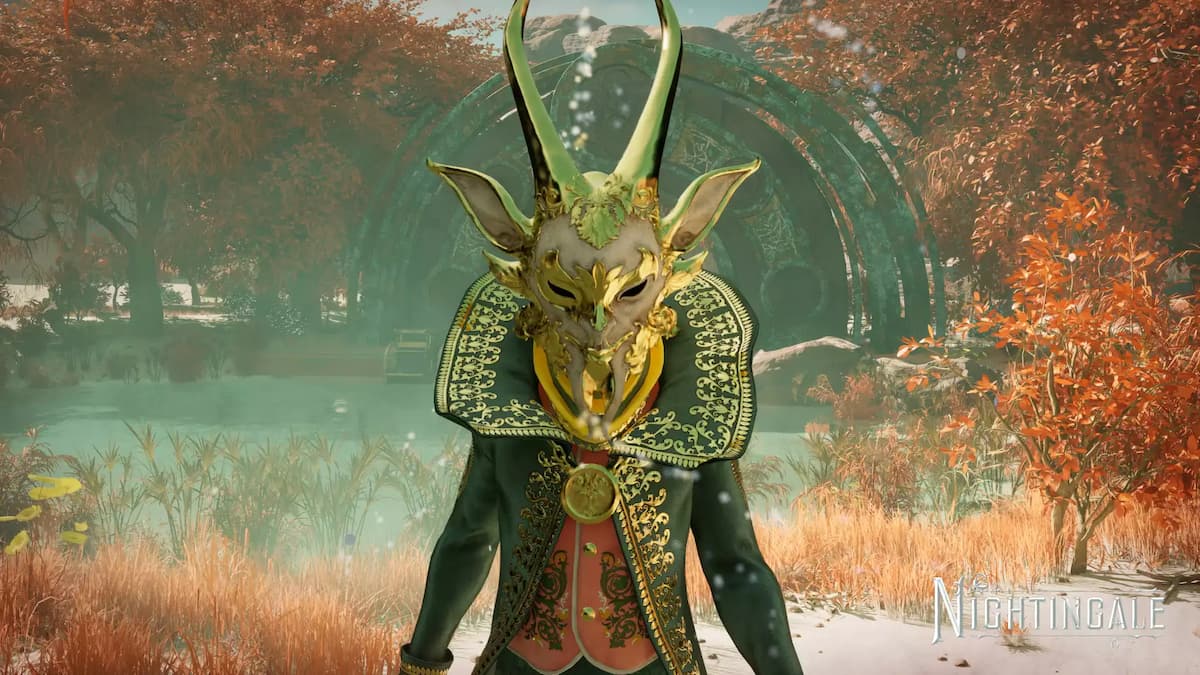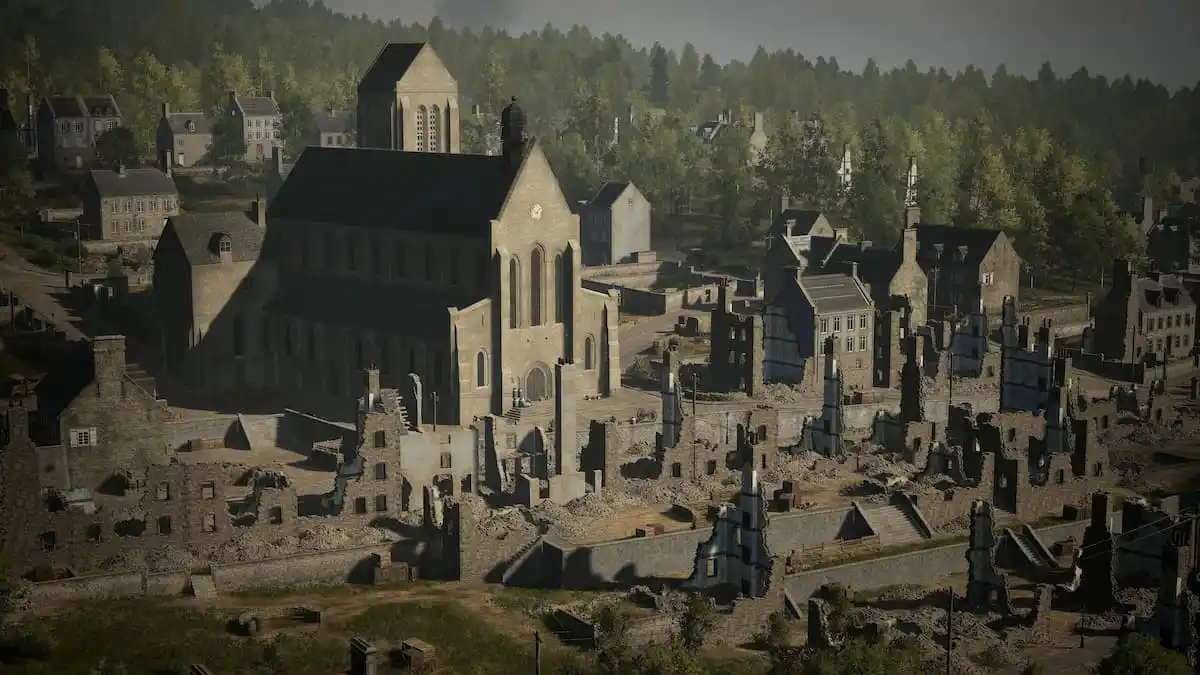Shadows of Doubt made a splash when ColePowered Games debuted it at Steam NextFest with a vast, technically impressive demo. With its voxel cities, neon late-’80s aesthetic, and twisty procedurally generated plot, it’s generated a lot of buzz in the months since that demo first made landfall. While hype intensifies surrounding its release into Early Access this week, here’s the lowdown on the newest first-person detective sim kicking up a fuss on the indie scene:
What is the release date for Shadows of Doubt?
Shadows of Doubt releases into Early Access on Monday, April 24, 2023 for PC. It will remain in Early Access for approximately six months.
What are the system requirements for Shadows of Doubt?
According to the official steam page:
Minimum
- OS: Windows 10 or better
- Processor: Intel 6th Gen i5 or AMD Ryzen 5 1600
- Memory: 8GB RAM
- Graphics: Nvidia GTX 1060 or Radeon 5500 XT
- DirectX 11
- Storage: 4 GB
Recommended:
- OS: Windows 11 or better
- Processor: Intel 9th Gen i5 or AMD Ryzen 5 3500
- Memory: 16GB RAM
- Nvidia GTX 3060 or Radeon RX 5700 XT
- DirectX 11
- Storage: 4GB
What Is Shadows of Doubt?

The elevator pitch for Shadows of Doubt is “a procedurally generated first-person immersive sim about being a detective.” What this means is that you’re dropped into a city map generated and populated with NPCs upon starting a new game. From there, you go through a tutorial murder case and then you’re free to explore the city as you wish. That could be robbing apartments, tailing suspects, taking the mysterious “public humiliation” jobs, or simply waiting for a murder to show up on your scanner. Within this framework, you get total freedom. While there are consequences for your actions (committing murder isn’t a good idea, police will show up if you get caught snooping where you’re not supposed to be, people freak out if you show up in their house uninvited), every object is interactable and every person is capable of basic conversations.
It’s a novel take on the open-world formula— instead of a large area with a bunch of similar activities, it’s a smaller area with a lot more to do. The only real goal is solving cases, paying rent, and eventually maxing out your social credit so you can retire to the paradise of The Fields.
What is the story for Shadows of Doubt?

From what we know so far, there’s less story and more world-building. In a futuristic alternate timeline, a soft-drink megacorporation became the first corporate entity elected President. In the ensuing years, the sea levels rose, cities became isolated platforms, and the privatized Starch Enforcers took over as police. You are a private detective, recently fired with the rest of the police force. Now you’re set loose on the streets of your city to beg, borrow, steal, connive, and earn a Social Credit score. If you earn a high enough Social Credit, you too can one day retire to The Fields and leave your dismal city behind. If it really is that simple, of course.
The first case, titled “The Dead of Night,” is a specially crafted introduction to the game. Your detective wakes up in the middle of the night for a murder investigation. From there, you explore a tangled web of weapons dealers, contract murder, and corruption all driven by the player. Even “Dead of Night” is different each time, though the main leads are always the same.
For more unusual indie gaming, check out How to Get Banisher Achievement in Dredge. For more indie mystery solving, read Contraband Police: Mysterious Murder Guide











Published: Apr 24, 2023 11:11 am